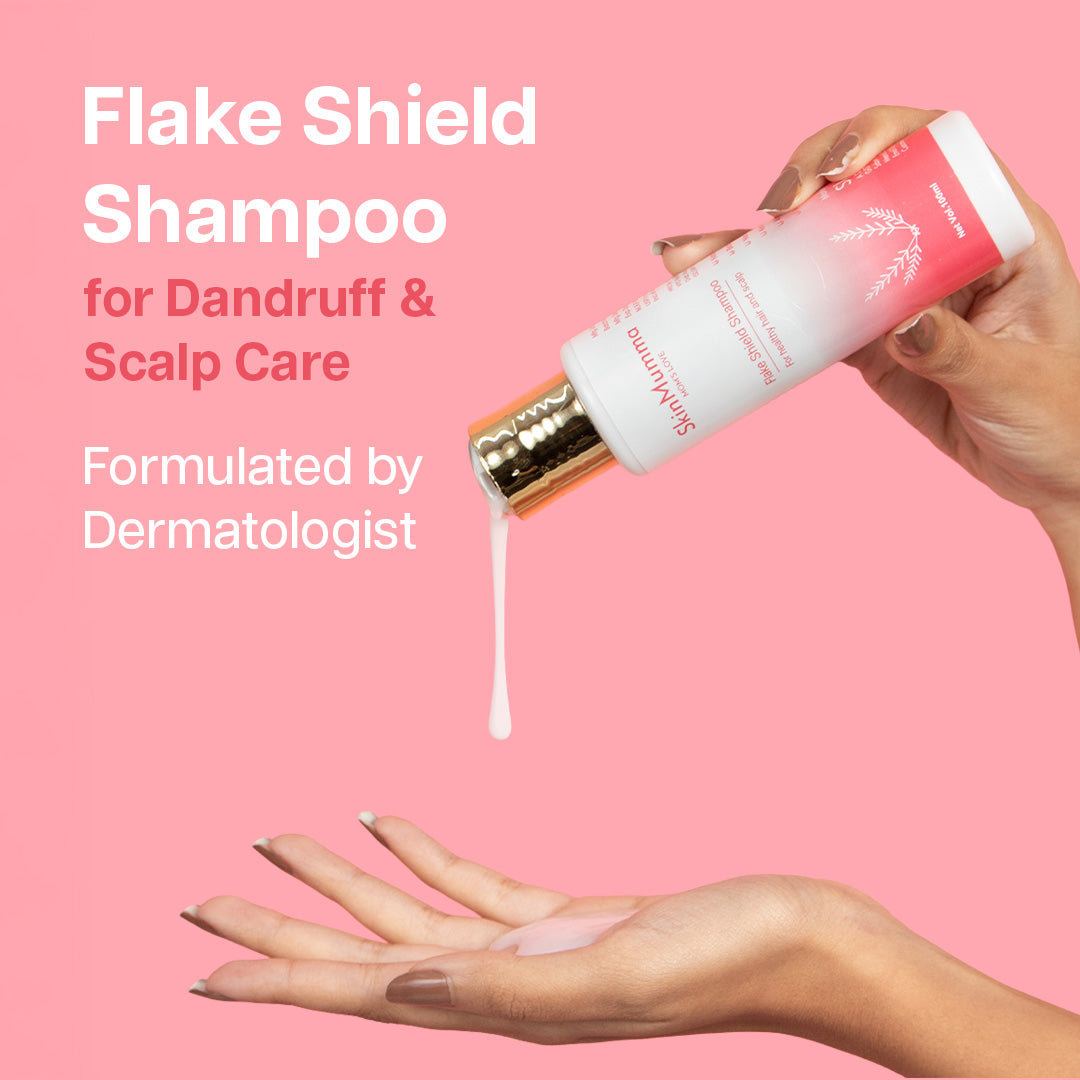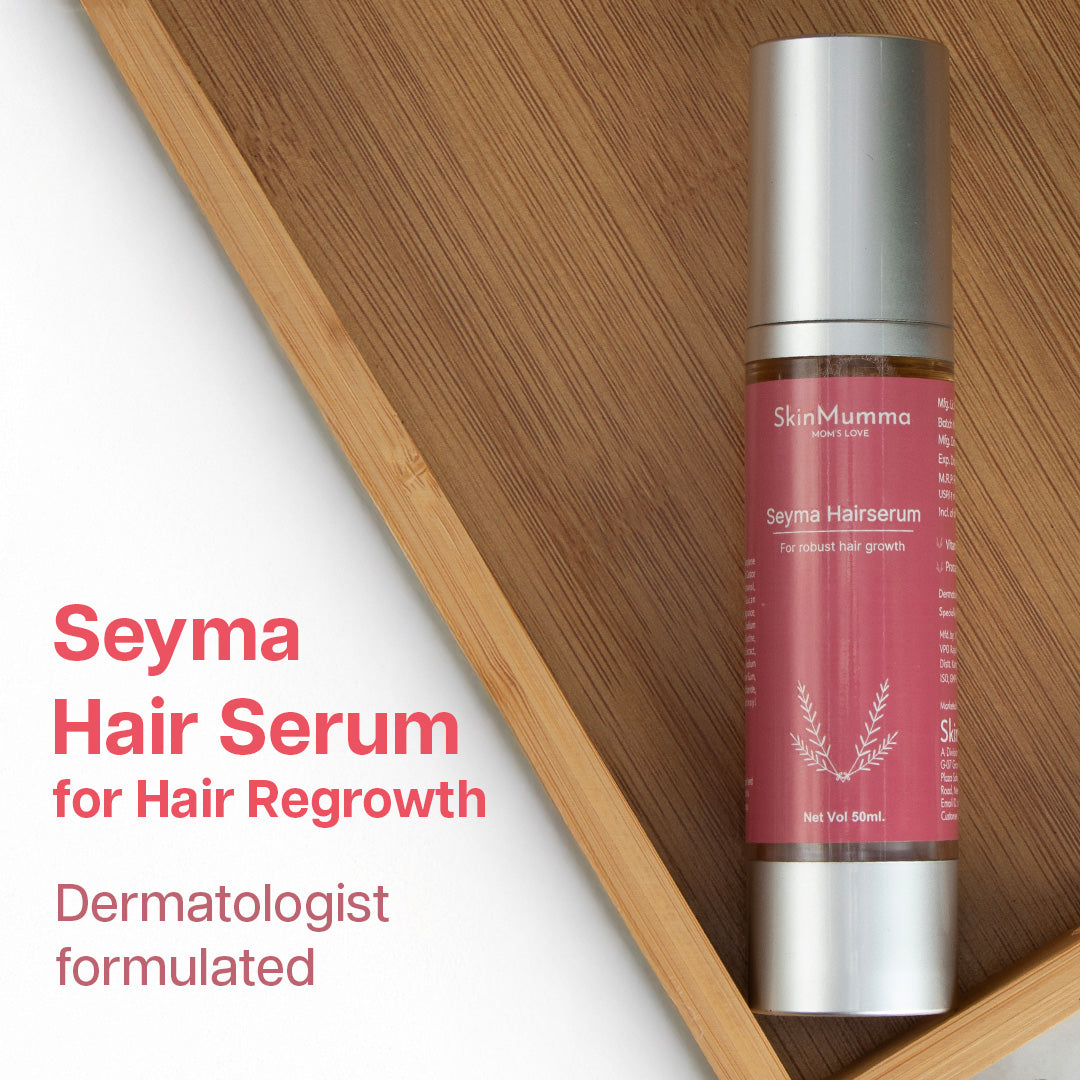Dandruff affects approximately 50% of adults globally, leading to flaky, itchy skin on the scalp. It can be caused by various factors, including dry skin, seborrheic dermatitis, and fungal infections like Malassezia. Proper hair care is crucial for managing dandruff and maintaining scalp health. Regular cleansing with anti dandruff shampoo, moisturizing, and avoiding harsh hair products can help mitigate symptoms and prevent recurrence. This article delves into the effective tips to reduce dandruff and achieve a healthy scalp.
6 Tips to Reduce Dandruff
1. Use Anti-Dandruff Shampoos Regularly
Select a shampoo formulated specifically to combat dandruff, containing active ingredients like zinc pyrithione, ketoconazole, or selenium sulfide. These components target the underlying causes of dandruff, such as fungal growth and excessive oil. Use the shampoo as directed, typically 2-3 times a week, to keep your scalp clean and flake-free.
2. Maintain Scalp Moisture
A dry scalp can exacerbate dandruff, so it's crucial to keep it hydrated. Use conditioners and hair masks designed to moisturize and soothe the scalp. Look for products with ingredients like aloe vera, tea tree oil, or coconut oil, which help lock in moisture and alleviate dryness.
3. Avoid Harsh Hair Products
Products with strong chemicals or alcohol can irritate the scalp and worsen dandruff. Opt for gentle, sulfate-free shampoos and conditioners to prevent unnecessary irritation. Avoid styling products that can build up on the scalp, as they may contribute to flakiness and discomfort.
4. Practice Good Hygiene
Regularly wash your hair (2-3 times a week) to prevent the buildup of oils and dead skin cells that can lead to dandruff. However, avoid washing your hair using shampoos containing sulfate, as this can strip your scalp of its natural oils and worsen dryness. Aim for a balanced washing routine based on your hair type and scalp condition.
5. Incorporate Scalp Treatments
Consider using scalp treatments or oils that specifically target dandruff. Tea tree oil, known for its antifungal and anti-inflammatory properties, can be added to your shampoo or used as a standalone treatment. Apply these treatments as recommended to help control flakiness and soothe irritation.
6. Maintain a Healthy Diet
Adding foods rich in omega-3 fatty acids, such as fish, nuts, and seeds, to help reduce inflammation and support a healthy scalp. Also, stay hydrated by drinking plenty of water to keep your skin and scalp moisturized from within.
Conclusion
Managing a dandruff-prone scalp involves a combination of proper hair care practices and targeted treatments. By consistently using anti-dandruff shampoos, maintaining scalp moisture, avoiding harsh products, practicing good hygiene, incorporating specialized treatments, and eating a balanced diet, you can significantly reduce dandruff and promote a healthier scalp. Implementing these tips can help you achieve a more comfortable and flake-free experience, enhancing both your hair's appearance and your overall scalp health.









Dr Manisha Bindal is the senior dermatologist and laser skin expert with more than 25 yrs of experience in clinical practice. She has to her credit various advanced skin care procedures and Laser skin treatment protocols including chemical peels, fillers, threads and injections. You can trust the expert hands for any skin or hair related problems or any procedure if need be.